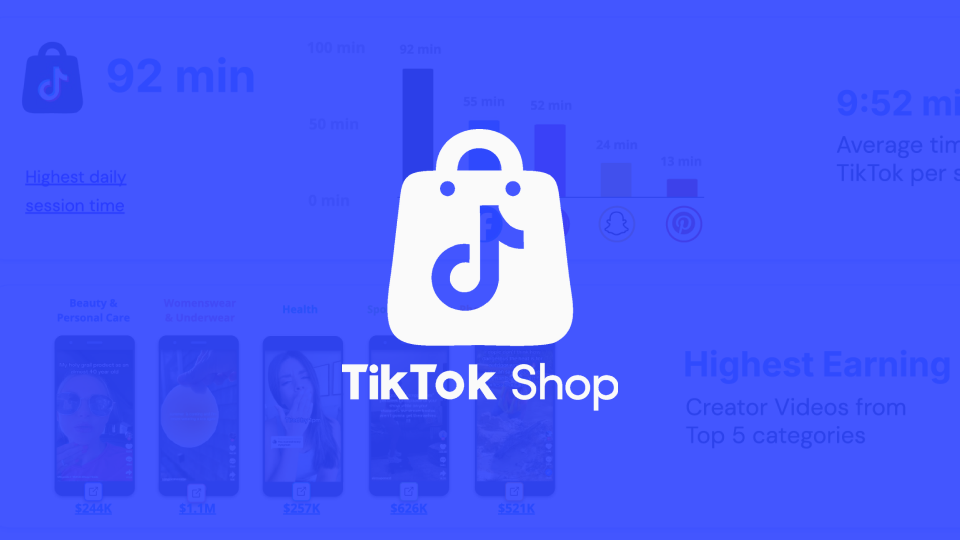Want More Insights?
A Free Account unlocks access to hundreds of insights on the best content, ads, partnerships, and campaigns to reach your audience.
CREATE A FREE ACCOUNT →Want custom insights to inform your strategy?
RightMetric offers on-demand marketing research. Whether it’s identifying content whitespace, creating your social media strategy, or planning paid media; get customized, impactful competitor & audience insights — quickly and affordably.
Get custom insights →
“Quickly gives us an idea of content that will resonate with our audiences and the most efficient channels to deliver it on”

Gabriel Authier

“Continuously informs our social and advertising strategies”

Jaime Parson

“Pivotal in improving our client's media strategies”

Gemma Philpott

“Mind blowing! Helped surface a lot of great insights”

Chris Mikulin


“Strategic insight that helps my team move fast without hesitation”

Martin Brueckner

“Lots of actionable insights. Very Impactful.”

TJ Walker


“Quickly gives us an idea of content that will resonate with our audiences and the most efficient channels to deliver it on”

Gabriel Authier

“Continuously informs our social and advertising strategies”

Jaime Parson

“Pivotal in improving our client's media strategies”

Gemma Philpott

“Mind blowing! Helped surface a lot of great insights”

Chris Mikulin


“Strategic insight that helps my team move fast without hesitation”

Martin Brueckner

“Lots of actionable insights. Very Impactful.”

TJ Walker













%20for%20the%20Ski%20Audience%20in%20Q1%202024.png)




%20Social%20Channels%20to%20Reach%20the%20Ocean%20Conservation%20Audience%20in%20Q1%202024.png)



























































%20Social%20Channels%20to%20Reach%20the%20Cat%20Food%20Audience%20in%20Q1%202023.png)



















%20Social%20Channels%20to%20Reach%20the%20Financial%20Services%20Audience%20in%20Q1%202023.png)




